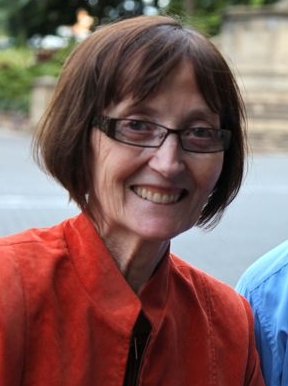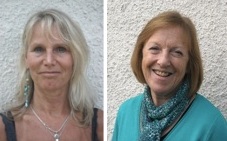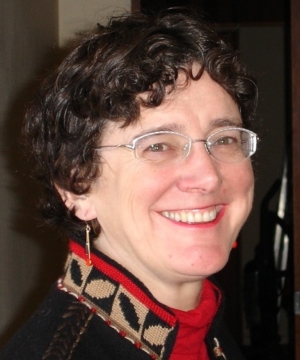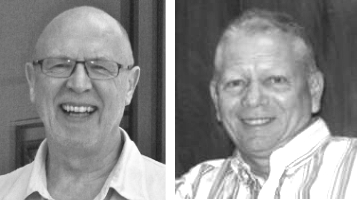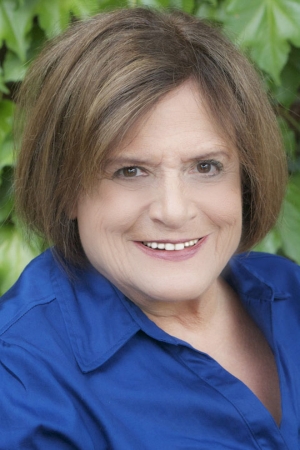Helping Things Fall Apart, The Paradox of Play – An Interview with Dennis McCarthy (Part 1)
“The deeper [sand]box, with its capacity for burying and sinking and erupting, fit the overall view I have developed which I call Dynamic Play Therapy. My approach is interactive and encourages and even provokes what I see as contained wildness in the service of healthy ego development and a natural sense of self-regulation. The work and my thinking about it still continue to evolve. Even as I write these words new ideas are surfacing based on sessions this week with several children. … My interest has been to understand how children experience their lives and best speak about them, knowing that their language is fundamentally different than ours as adults. They speak in images just as we dream in images. So I spend my days offering them materials and a safe space in which to speak thus.”

